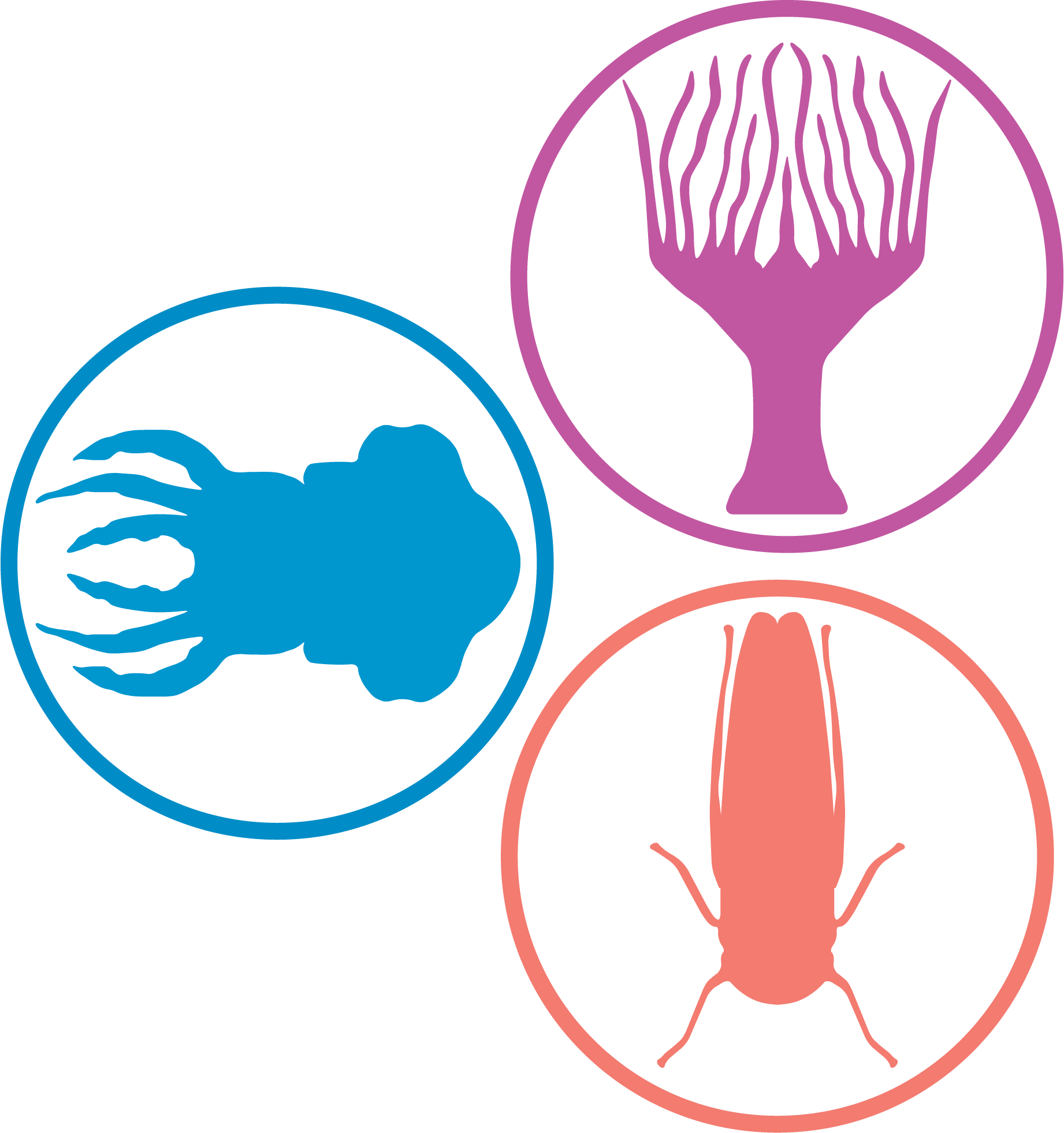

Our mission is to ensure the generation of accurate and precise findings.
Please enter subscribe form shortcode
Please enter instagram feed shortcode
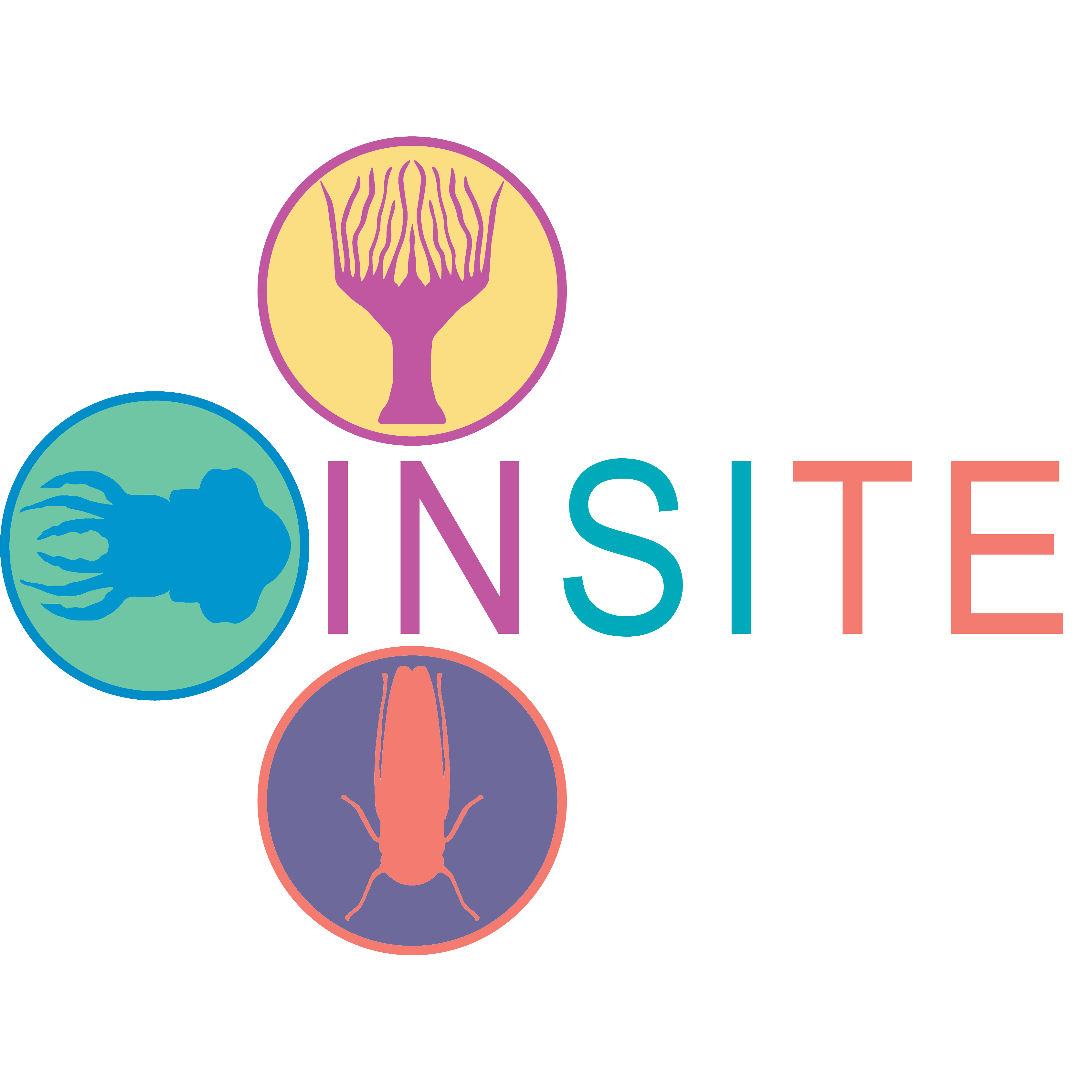
The INstitute for Symbiotic Interactions, Training, and Education in the Face of a Changing Climate.
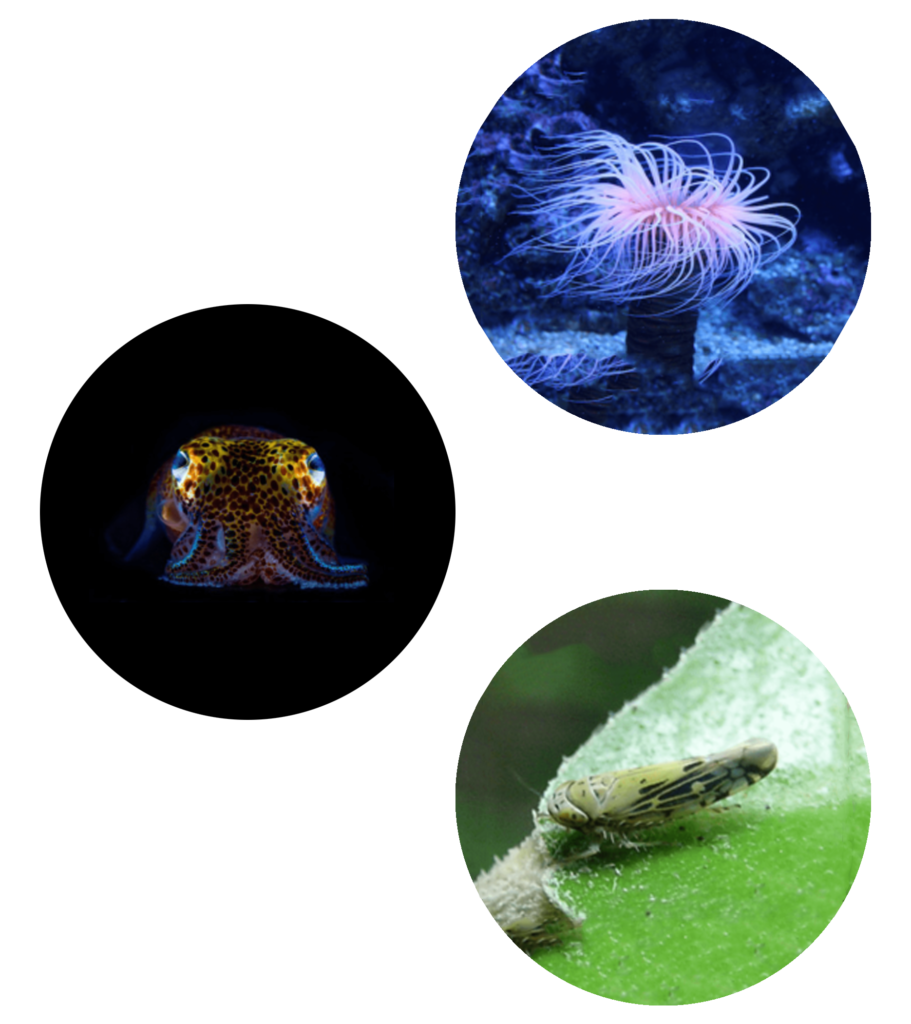

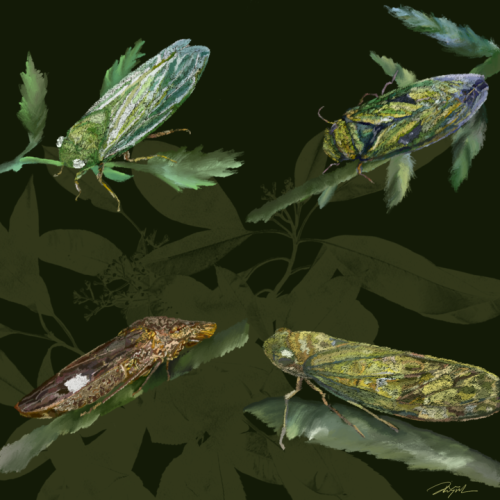
Chromosome-level genome assembly of the aster leafhopper (Macrosteles quadrilineatus) reveals the role of environment and microbial symbiosis in shaping pest insect genome evolution
Read Article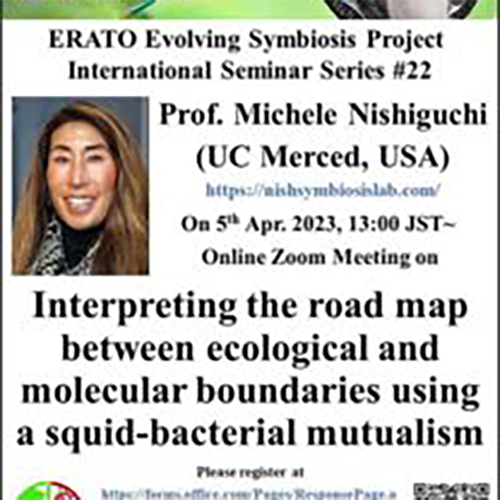
Prof. Michele Nishiguchi (University of California Merced, USA) “Interpreting the road map between ecological and molecular boundaries using a squid-bacterial mutualism”
Read More
Molecular and Cellular Biology Professor Michele “Nish” Nishiguchi has been inducted as a Fellow of the California Academy of Sciences and was recently named president-elect for the Society for Integrative and Comparative Biology (SICB).“Interpreting the road map between ecological and molecular boundaries using a squid-bacterial mutualism”
Read More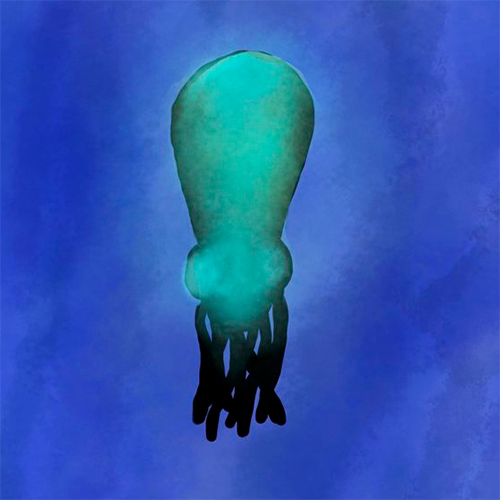
Prof. Michele Nishiguchi (University of California Merced, USA) “Interpreting the road map between ecological and molecular boundaries using a squid-bacterial mutualism”
Read More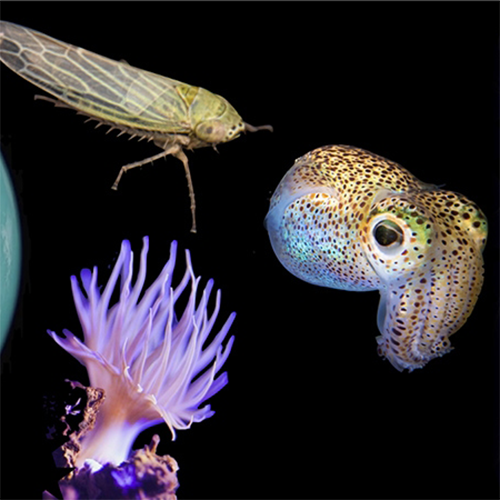
UC Merced has received a $12.5 million grant funded by the National Science Foundation (NSF) to develop the Biology Integration Institute (BII): INSITE — the INstitute for Symbiotic Interactions, Training and Education — a research collaborative that aims to expand the fundamental knowledge of symbioses and inform immediate and long-term conservation strategies in the face of climate change.
Read More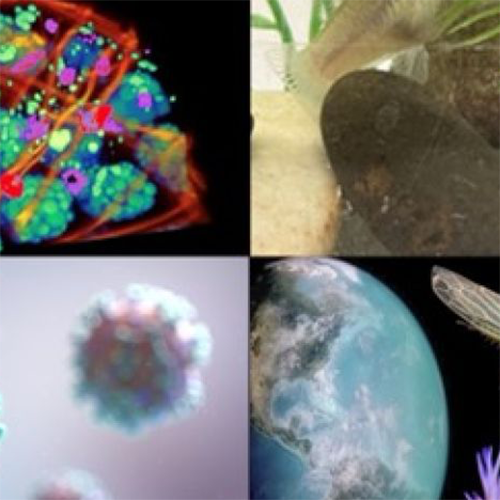
From understanding the multifaceted transmission of disease to deciphering how living organisms adapt to harsh conditions, answering big questions in biology requires interdisciplinary research and scientists engaging and partnering with those from other fields of study.
Read More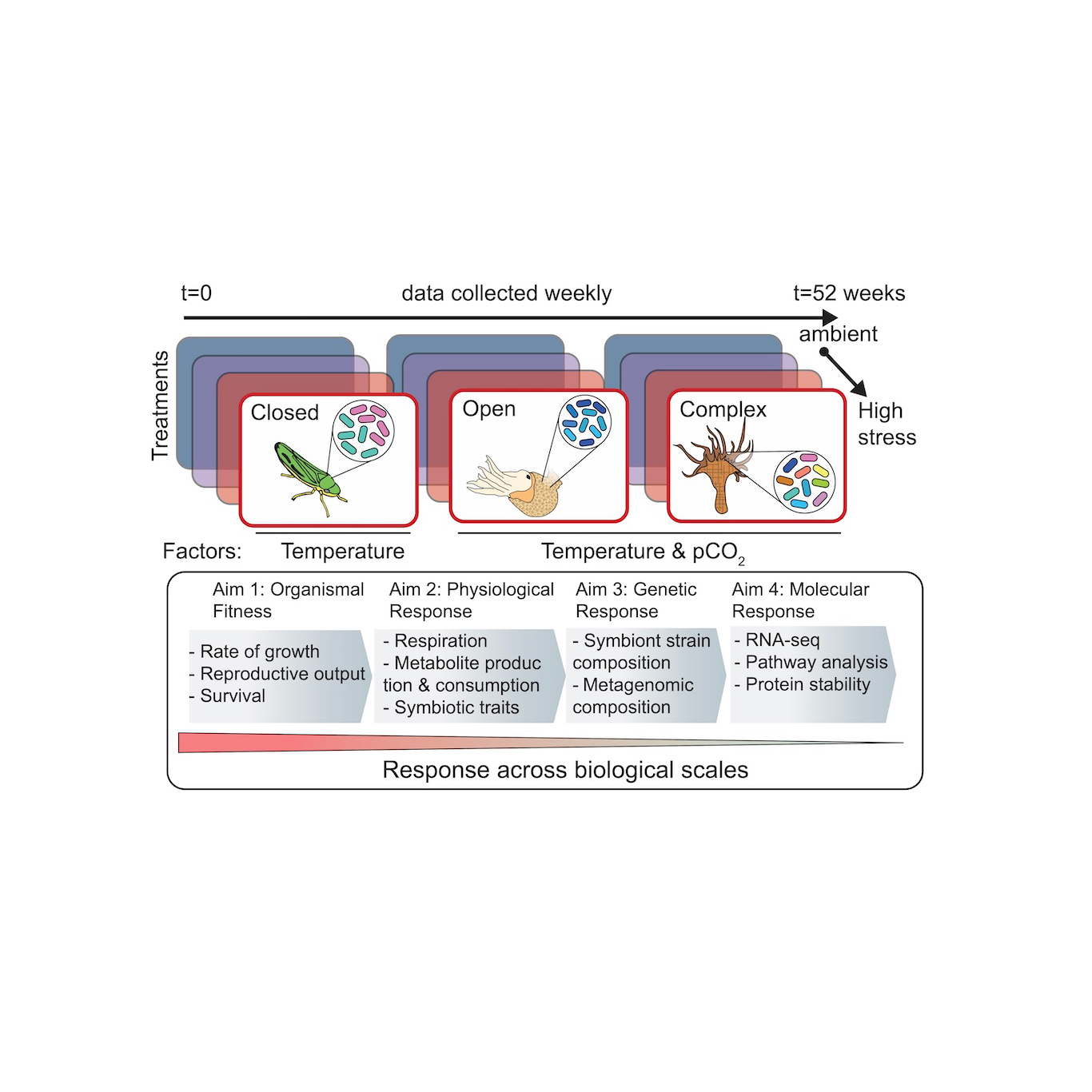
The most immediate organismal response to environmental change is acclimatization through plastic changes in physiology and behavior.
Read More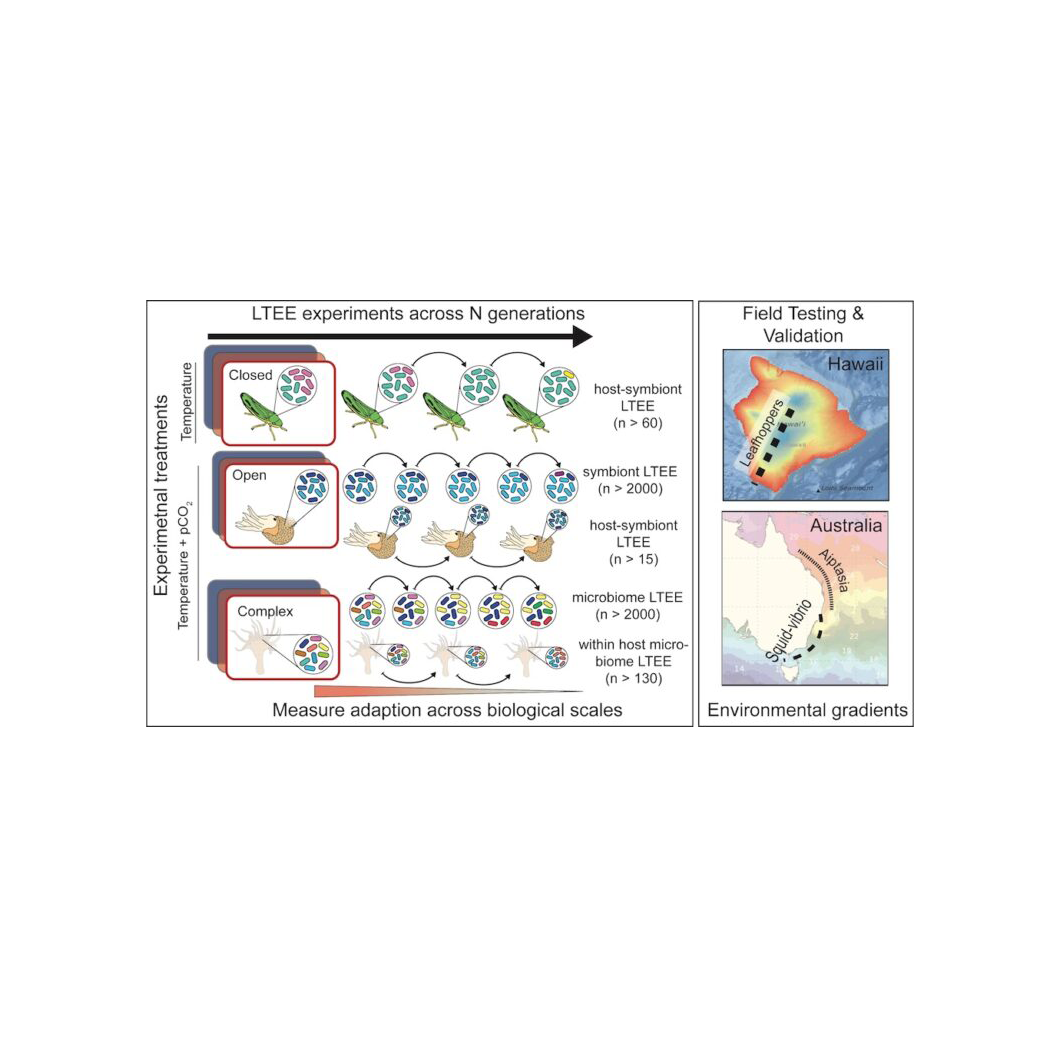
The specific goal of Theme II is to extend the results of Theme I’s focus on the immediate impact of climate change on fitness and acclimatization to understand how our model systems will adapt and evolve to new environmental conditions over long-term exposure.
Read More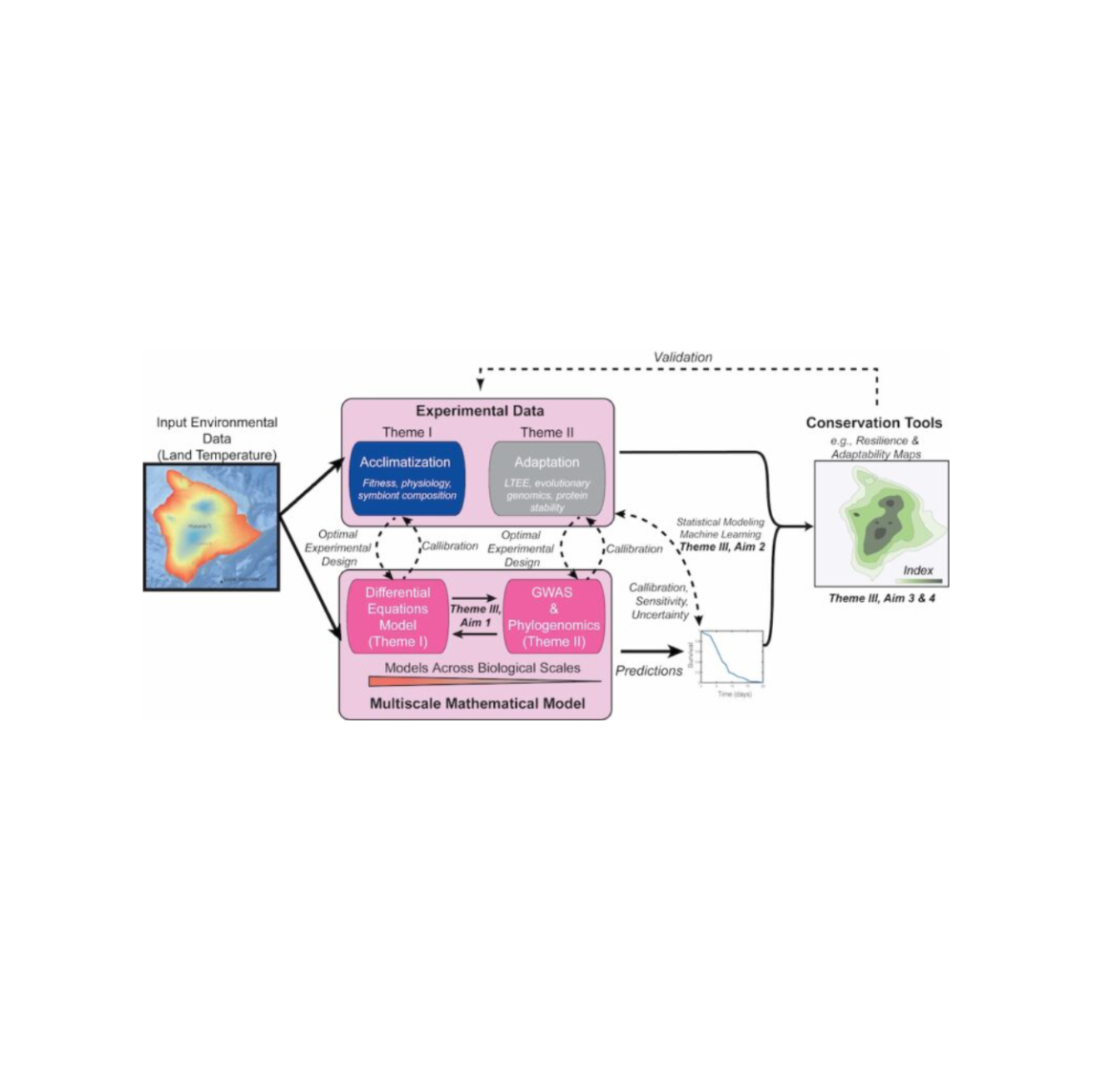
The goal of Theme III is to create a generalizable framework that combines short-term acclimatization (Theme I) and long-term adaptability data and models (Theme II) to predict the effect of climate change across the closed-open-complex symbiosis spectrum for all species.
Read More
Facebook
Instagram
TikTok